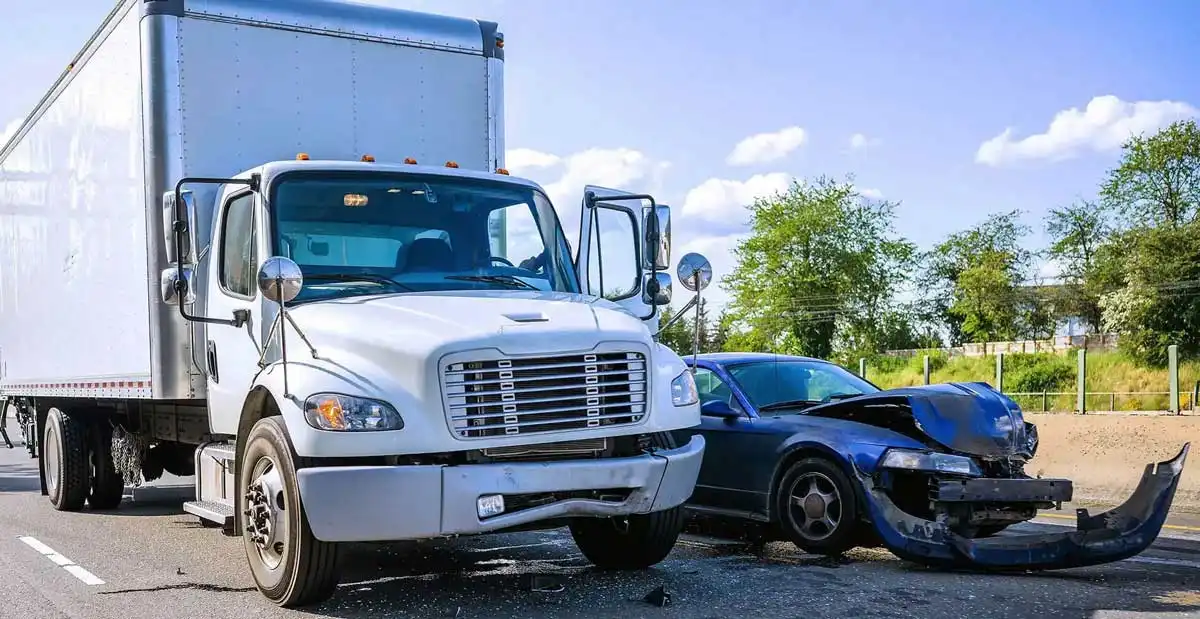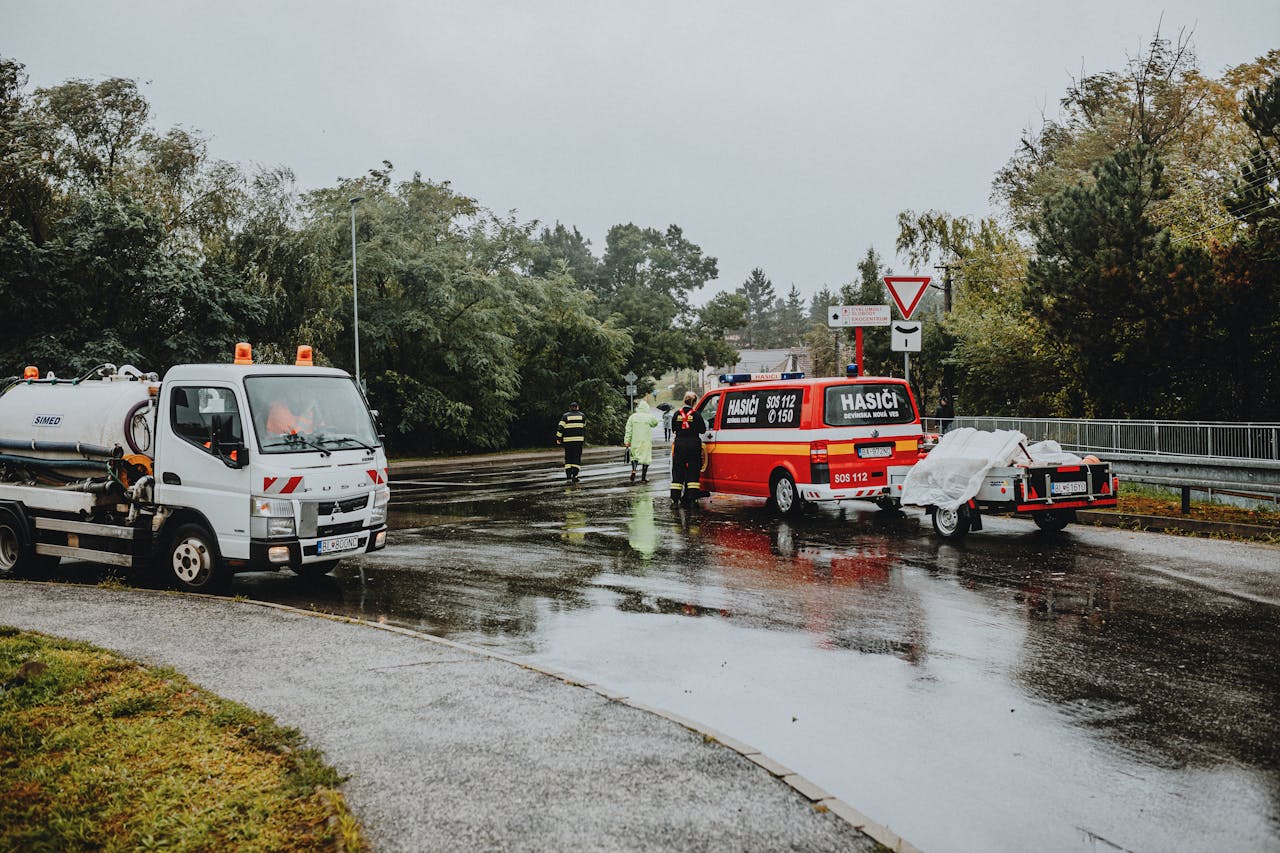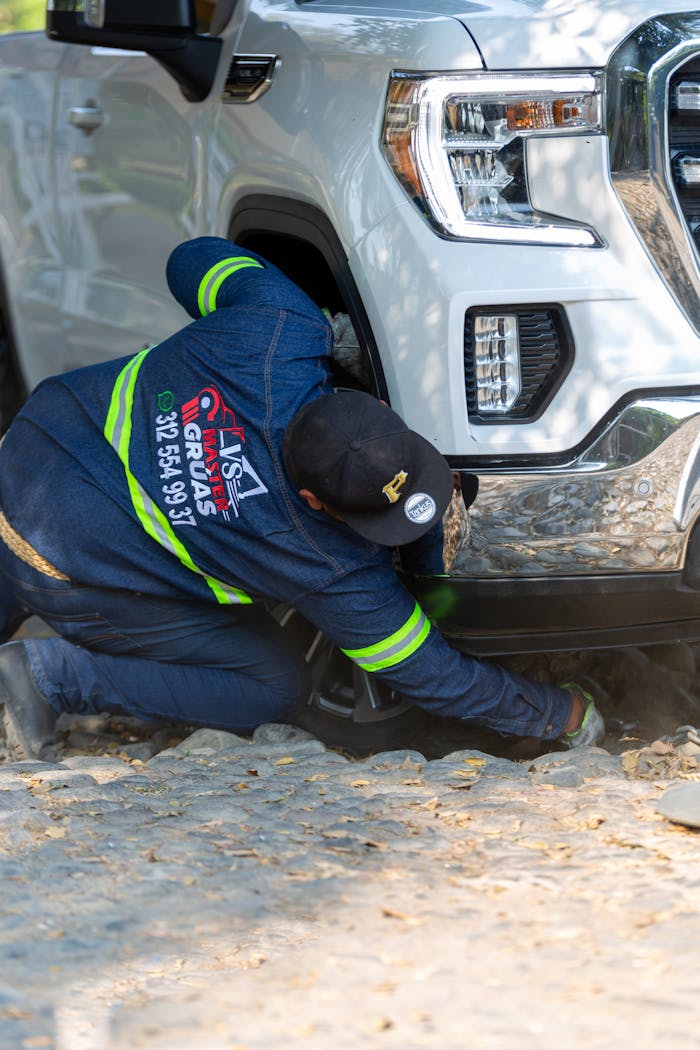Truck accidents can be catastrophic, often resulting in severe injuries, extensive property damage, and long-term consequences. In Orange County, where busy highways and trucking routes are common, truck accidents happen frequently, making it crucial for victims to understand the legal aspects of these incidents. Whether you’ve been involved in an accident with a commercial truck, semi-truck, or another large vehicle, knowing your rights and the laws surrounding truck accidents is essential to ensuring you get the compensation you deserve.
In this blog, we’ll walk you through the critical aspects of truck accident laws in Orange County and explain how an experienced truck accident lawyer can help you navigate the legal process.
1. Liability in Truck Accident Cases
One of the most complex aspects of a truck accident claim is determining liability. Unlike typical car accidents, where one driver is usually at fault, truck accidents can involve multiple parties, including:
-
The Truck Driver: If the driver was negligent (e.g., driving under the influence, distracted driving, or speeding), they may be held liable for the accident.
-
The Trucking Company: If the accident was caused by a company’s poor practices, such as insufficient training, failure to maintain the vehicle, or forcing drivers to meet unrealistic deadlines, the trucking company can also be held responsible.
-
Vehicle Manufacturer: If a defect in the truck or its parts caused the accident, the manufacturer of the vehicle or the defective parts could be liable.
-
Cargo Shipper: If improperly loaded or unsecured cargo contributed to the accident, the company responsible for loading the cargo could be at fault.
Determining liability is crucial because it affects who will be financially responsible for the damages. A truck accident lawyer in Orange County will investigate all potential sources of liability and ensure that the correct party or parties are held accountable.
2. California’s Trucking Regulations and Laws
California has specific laws and regulations governing the trucking industry, and these rules are essential in truck accident cases. Some of the most important trucking regulations in California include:
-
Hours of Service (HOS) Regulations: Truck drivers are legally limited to the number of hours they can drive in a day. If a truck driver exceeds these limits and causes an accident due to fatigue, they could be held liable for any injuries or damage caused. Your truck accident lawyer will review the driver’s logs and other evidence to determine if HOS violations occurred.
-
Weight Limits and Vehicle Maintenance: Trucks are subject to strict weight limits, and the trucking company is responsible for ensuring that their vehicles are properly maintained and in good working condition. Failure to follow these regulations can result in accidents, and your lawyer can help determine if such violations played a role in your crash.
-
Drug and Alcohol Testing: Truck drivers are required to undergo random drug and alcohol testing. If a truck driver was under the influence at the time of the accident, they could be held accountable for your injuries and damages.
Your lawyer will review all relevant trucking regulations to ensure that any violations are included in your case, which can strengthen your claim for compensation.
3. Insurance Requirements for Trucking Companies
California law requires trucking companies to carry substantial insurance coverage to protect against accidents and injuries. In Orange County, where truck accidents can result in serious injuries or fatalities, these insurance policies are particularly important.
-
Minimum Insurance Requirements: According to the Federal Motor Carrier Safety Administration (FMCSA), large trucks involved in interstate commerce must carry liability insurance with a minimum of $750,000 in coverage. However, this amount can vary depending on the size and type of the truck.
-
Additional Coverage: In cases involving hazardous materials, trucking companies must have higher liability insurance limits, sometimes exceeding $5 million. This is particularly relevant for accidents involving chemical spills, fires, or explosions.
Your attorney will ensure that the trucking company’s insurance policy is sufficient to cover the damages you’ve incurred and will work to secure the maximum payout possible from the insurance company.
4. Comparative Fault in California Truck Accidents
California follows a comparative fault rule, which means that if you are partially at fault for the truck accident, you can still recover compensation. However, the amount you receive will be reduced by your percentage of fault. For example, if you were found to be 20% at fault, your compensation would be reduced by 20%.
In truck accident cases, multiple parties can share fault. For example, if the truck driver was speeding but the road conditions were poor due to poor maintenance by a government entity, both parties could be partially responsible for the accident. Your attorney will carefully examine the evidence and work to minimize your fault while holding all liable parties accountable.
5. The Importance of Gathering Evidence
Truck accident cases often involve complicated evidence that must be carefully reviewed to build a strong case. The following types of evidence are essential in truck accident claims:
-
Black Box Data: Trucks are equipped with electronic logging devices (ELDs) and event data recorders (black boxes) that capture valuable data about the truck’s speed, braking, and driving patterns leading up to the accident. This information can help determine whether the driver was speeding, distracted, or following unsafe practices.
-
Driver Logs and Maintenance Records: Reviewing the truck driver’s hours of service logs, inspection reports, and maintenance records can reveal potential violations of trucking regulations or issues with the truck’s condition.
-
Witness Testimonies and Police Reports: Statements from witnesses and police reports can provide further insight into the circumstances of the accident, including traffic violations or hazardous road conditions.
An experienced truck accident lawyer will work with experts to gather and analyze this evidence, ensuring your case is built on a solid foundation.
6. How a Truck Accident Lawyer Can Help You
After an accident involving a truck in Orange County, an experienced lawyer can significantly improve your chances of obtaining fair compensation. Here’s how a lawyer can help:
-
Investigating the Accident: Your lawyer will gather crucial evidence, identify the responsible parties, and work with experts to prove liability.
-
Handling Insurance Negotiations: Your attorney will manage all interactions with the trucking company’s insurance company, fighting for a fair settlement that covers your medical expenses, lost wages, and pain and suffering.
-
Litigating Your Case: If necessary, your attorney will be prepared to take your case to court, presenting your evidence and advocating on your behalf to secure the compensation you deserve.
-
Maximizing Your Compensation: Your lawyer will ensure that all your damages, including future medical needs, lost income, and emotional distress, are factored into your settlement or lawsuit.
Conclusion
Truck accidents in Orange County can result in serious injuries and complex legal challenges. Understanding the laws that govern truck accidents, the liability involved, and how insurance works is essential to ensuring that you are fairly compensated for your injuries and losses.
If you’ve been involved in a truck accident, hiring an experienced attorney is crucial. A skilled truck accident lawyer will guide you through the legal process, protect your rights, and fight to maximize your compensation. Don’t face the aftermath of a truck accident alone—contact a trusted lawyer today to discuss your case and begin your path to recovery.



